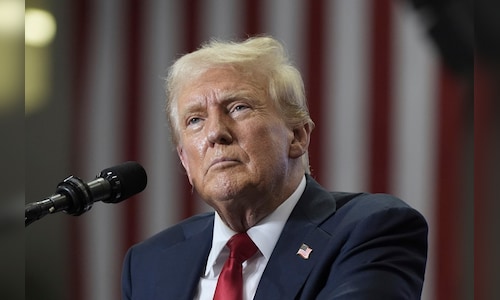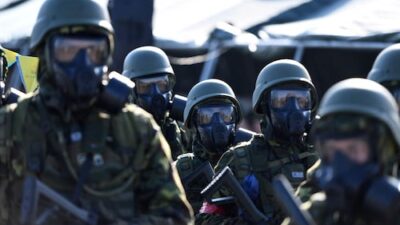This month, the Republican president enacted a proclamation that barred the entry of individuals from 12 countries, asserting that the action was necessary to safeguard the United States against “foreign terrorists” and other national security threats.
This directive is part of the immigration crackdown Trump initiated at the start of his second term, which has involved deporting hundreds of Venezuelans suspected of gang affiliations to El Salvador, as well as measures to restrict enrollments of certain foreign students in US universities and deport others.
In a diplomatic cable signed by US Secretary of State Marco Rubio, the State Department expressed a dozen concerns regarding the mentioned countries and requested corrective measures.
“The Department has identified 36 countries of concern that may be subject to full or partial entry suspension if they do not meet established benchmarks and requirements within 60 days,” the cable dispatched over the weekend stated.
This cable was initially reported by the Washington Post.
Among the issues raised by the State Department was the absence of a competent or cooperative government in some of the countries to provide reliable identity documents, as noted in the cable. Another concern involved the “questionable security” of the passports from those countries.
Furthermore, some countries were not cooperative in facilitating the removal of their nationals from the United States who were ordered for deportation. Additionally, some individuals were overstaying their US visas.
Other concerns included the involvement of nationals in terrorist activities within the United States or participation in antisemitic and anti-American actions.
The cable indicated that not all concerns applied to every country on the list.
The countries that could be subjected to a full or partial ban if they fail to address these issues within the next 60 days include: Angola, Antigua and Barbuda, Benin, Bhutan, Burkina Faso, Cabo Verde, Cambodia, Cameroon, Cote D’Ivoire, Democratic Republic of Congo, Djibouti, Dominica, Ethiopia, Egypt, Gabon, The Gambia, Ghana, Kyrgyzstan, Liberia, Malawi, Mauritania, Niger, Nigeria, Saint Kitts and Nevis, Saint Lucia, Sao Tome and Principe, Senegal, South Sudan, Syria, Tanzania, Tonga, Tuvalu, Uganda, Vanuatu, Zambia, and Zimbabwe.
This would represent a substantial expansion of the ban that was implemented earlier this month, which affected Afghanistan, Myanmar, Chad, Congo Republic, Equatorial Guinea, Eritrea, Haiti, Iran, Libya, Somalia, Sudan, and Yemen.
The entry of individuals from seven additional countries – Burundi, Cuba, Laos, Sierra Leone, Togo, Turkmenistan, and Venezuela – has also been partially restricted.
During his first term, Trump announced a travel ban on individuals from seven Muslim-majority nations, a policy that underwent multiple revisions before being upheld by the Supreme Court in 2018.



